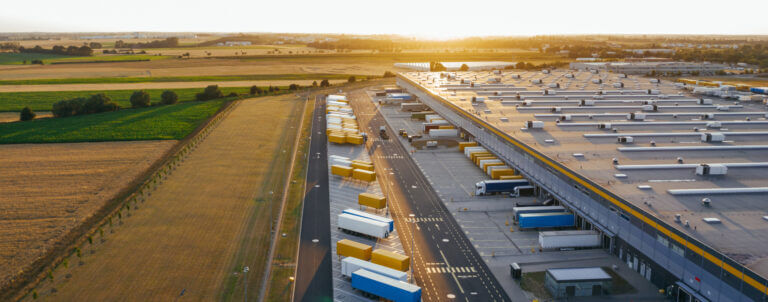Understanding the Different Types of Insurance Coverage for the Construction Industry
There are many types of insurance coverages that are available for the construction industry, it’s business owners, contractors, subcontractors and employees. Beginning with the contractor, what insurance coverages could be purchased:
- General Liability-coverage to protect against possible negligence in which a contractor may be held legally liable.
- Worker’s Compensation- coverage for on the job injury to employees or subcontractors with employer’s liability for the contractor.
- Surety Bonds- Bid bonds to protect the completion of the job as designated by the obligee. Other types of surety bonds may include roofers bond or local permit or licensing.
- Inland Marine coverage could be needed. This is scheduled equipment coverage such as dozer, bobcat, trackhoe or loader. This could also cover materials in transit.
- Property coverage for an office building or storage facility is another coverage that a contractor may purchase to keep his business well-protected.
Another industry insured may be a business owner with strong ties to construction.
- A building owner who leases the property for an office, storage facility and/or warehouse.
- Equipment leasing is huge in the construction industry. A lot of contractors would rather rent the equipment that they need to complete a project instead of buying it. Equipment can be extremely costly. Rental companies will want to make sure the equipment is accurately covered before allowing the contractor to take possession of it.
Subcontractors and the insurance required by most:
- Workers compensation for the contractor and his direct employees or laborers is needed to ensure that the primary contractor doesn’t end up paying for the subs or their employees.
- General liability applies to a subcontractor just as it does a contractor. Make sure you have covered yourself for any possible negligence in your operation.
- Subcontractors will want to make sure they have any necessary licenses or permits or bonds to conduct business.
Business Auto coverage applies to all entities in the construction industry. Whether you are the sand, dirt, gravel or cement hauler or the lumber and building materials hauler or the contractor with multiple pickups, cargo vans or delivery trucks, the auto liability is usually required by law. And if the vehicles are financed, the bank or credit union will require comprehensive and collision in the event of physical damage.




